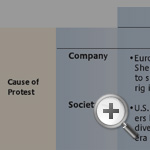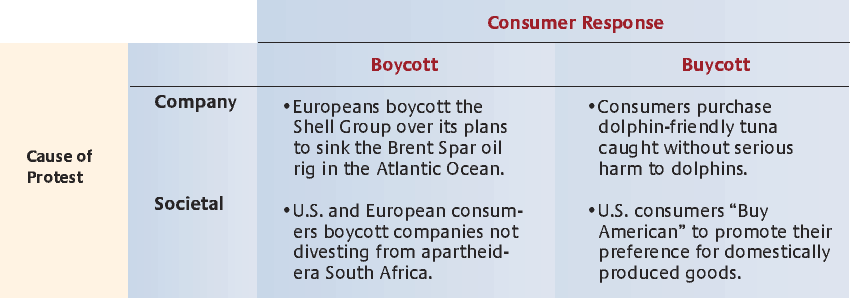Rethinking Consumer Boycotts
INTELLIGENCE: New developments, research and ideas in management
Topics
Last September, executives from Arla Foods amba, the Danish dairy giant, probably paid scant attention to a series of caricatures of the prophet Muhammad in the Danish newspaper Morgenavisen Jyllands-Posten. Six months later, they learned a hard lesson about religion and commerce. Arla executives watched their annual sales in the Middle East not just drop from US$430 million, but virtually vanish. How did a company from Denmark, a country not exactly known for triggering international controversy, find itself at the center of a geopolitical, religious and commercial maelstrom? The answer extends beyond sales of Danish butter in Saudi Arabia. Based on our decade-long program of research studying global consumer boycotts, we offer five key lessons from these recent events.
First, when executives think about consumer protests, they focus mostly on company-specific boycotts triggered by a corporate policy or action, such as the use of sweatshop labor in developing countries. But, as Arla discovered, boycotts can also be touched off by broad geopolitical, religious or even historical tensions. In such societal boycotts, the company can be far removed from the root cause of the backlash (see “Different Kinds of Consumer Protests”).
Second, not all consumer protests are always boycotts. Consider, for example, certain new brands that have leveraged themselves as products of conscience to Muslim consumers, such as the United Arab Emiratesbased Mecca-Cola World FZCO’s Mecca Cola and the Iranian Zamzam Group’s ZamZamCola. The popularity of those brands is the result of a “buycott”: a type of protest that encourages the purchasing of certain products in support of a cause or practice (example: dolphin-friendly tuna).
Third, even in high-profile, company-specific boycotts, drops in sales — although sometimes substantial — are typically short-lived. In contrast, societal boycotts have the potential for greater long-term harm. Animosities and their effect on sales may persist, both because they often are rooted in deeply held beliefs and because there are fewer options for addressing the protest. Arla’s customers in the Middle East are slowly returning, but full recovery is anticipated to take years, if it happens at all.



Comment (1)
hasan mirseyed